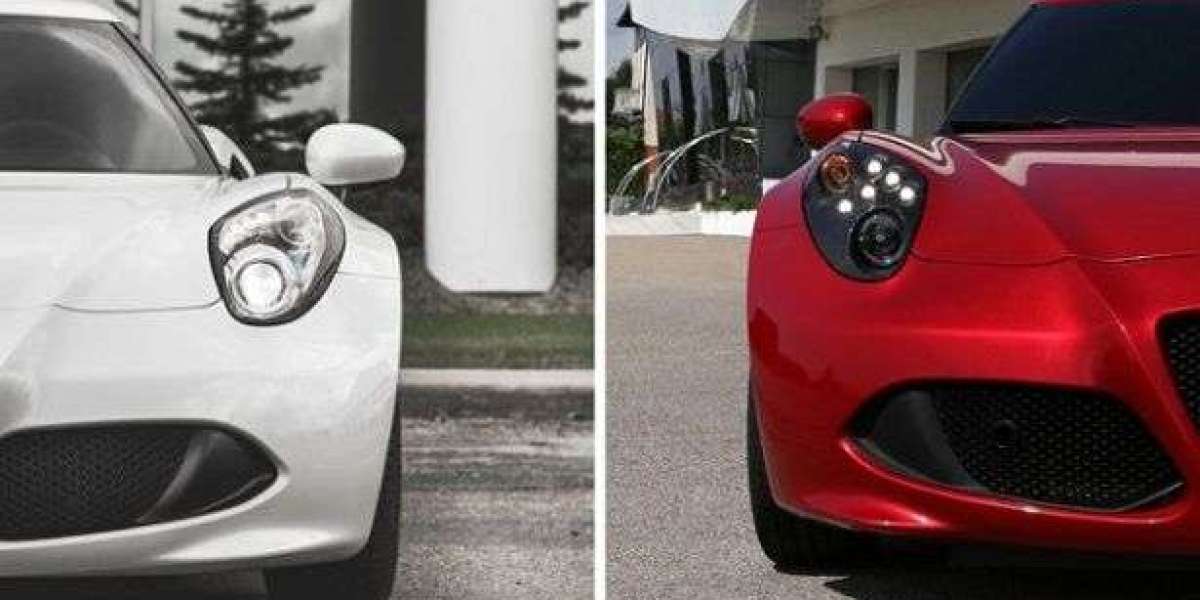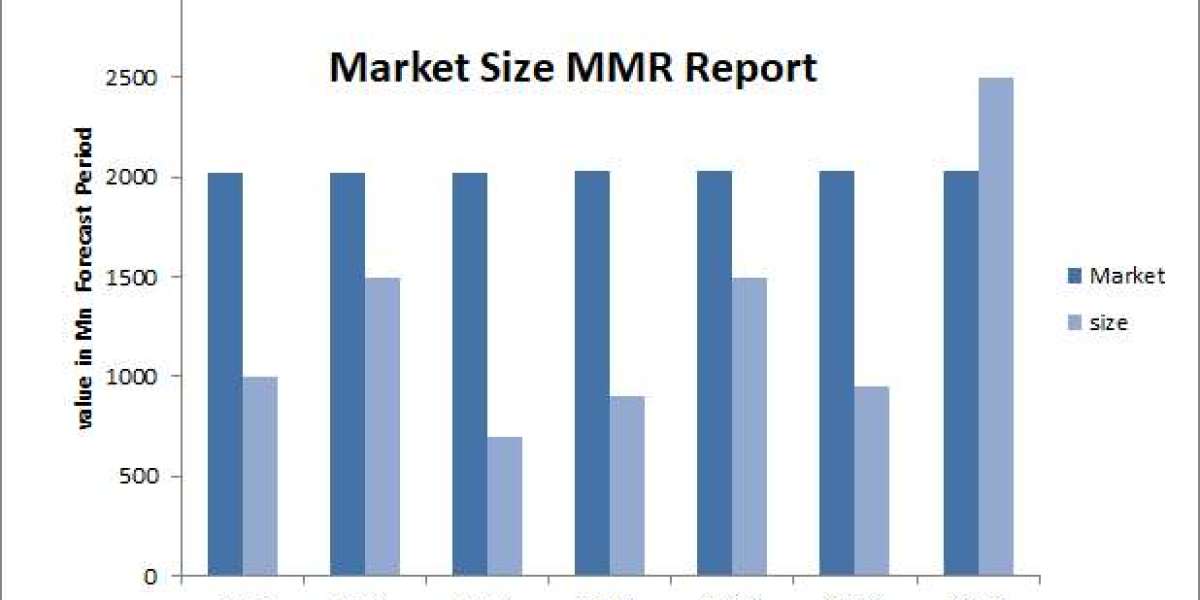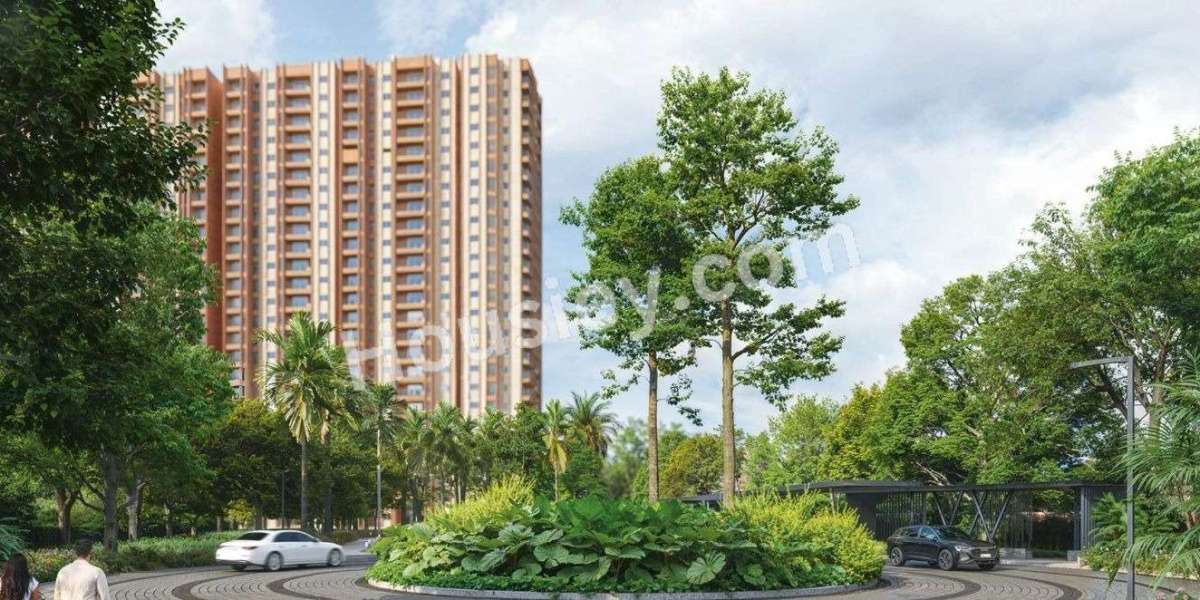Dubai’s passion for supercars is unmatched. From Lamborghinis and Ferraris to Bugattis and McLarens, the city’s roads are a parade of engineering marvels. While the UAE is a hub for buying, selling, and showcasing these cars, many enthusiasts and investors are tempted to import rare non-GCC (Gulf Cooperation Council) specification supercars directly from Europe, the US, or Asia. These vehicles often come with unique trims, rare features, or lower upfront prices compared to models sold in the local market.
However, while the idea sounds exciting, importing non-GCC spec supercars carries significant legal and financial risks. Understanding these risks is essential before making the leap. At Luxury Car Showroom Dubai, we’ve seen countless cases where buyers overlooked the fine print, only to face costly complications later.
What Are Non-GCC Spec Supercars?
GCC-spec cars are models designed specifically for the Gulf region. They are built to withstand extreme heat, sandy environments, and local fuel standards. Non-GCC cars, on the other hand, are built for markets such as Europe, North America, or Asia, without these regional modifications.
Key differences may include:
Cooling Systems: GCC cars come with enhanced cooling for the engine and air conditioning.
Filtration: Sand-resistant filters protect the vehicle in harsh desert conditions.
Fuel Calibration: Engines tuned for GCC fuel octane ratings.
Legal Compliance: Safety standards like headlights, emissions, and airbags designed per UAE regulations.
Buying a non-GCC spec car means you’re purchasing a vehicle not tailored to the UAE’s legal and environmental requirements.
The Legal Risks of Importing Non-GCC Supercars
1. Registration Challenges
The first hurdle with a non-GCC supercar is getting it legally registered. Dubai’s Roads and Transport Authority (RTA) enforces strict inspections before a car can be licensed. If your supercar does not comply with GCC safety or emission standards, registration may be delayed or even denied.
Imagine buying a Ferrari from the US, shipping it to Dubai, and then being told the headlights or emissions system do not meet UAE road standards. Rectifying this could cost thousands—or in some cases, render the car unregistrable.
2. Warranty Voidance
Most luxury car dealerships in Dubai honor manufacturer warranties only for GCC-spec models. Non-GCC cars may not be eligible for warranty coverage at all. For a high-maintenance supercar, this could be disastrous.
Repairs and servicing for exotic cars like Lamborghinis or McLarens can run into tens of thousands of dirhams annually. Without warranty coverage, every fault becomes an out-of-pocket expense.
3. Insurance Difficulties
Insurance is another major challenge. Many insurers in the UAE either:
Refuse to insure non-GCC cars altogether.
Charge significantly higher premiums because the vehicle does not meet local safety standards.
For example, if you import a US-spec Porsche 911, the insurer may not have the vehicle’s service or parts profile in their system, categorizing it as “high risk.” This leads to expensive premiums—or worse, limited coverage.
4. Customs and Import Duties
Importing a car into Dubai involves customs clearance, inspection, and tax duties. While GCC cars face a smoother process, non-GCC vehicles can be flagged for extra scrutiny.
In cases where compliance is questionable, customs may hold the car until modifications are made—delaying delivery for weeks or even months. Failing to meet import standards could also result in the car being denied entry or returned at your expense.
5. Modification Requirements
Even if your car clears customs, you may need to modify it to meet UAE road standards. These modifications include:
Adjusting headlights for right-hand vs. left-hand drive markets.
Upgrading cooling systems.
Replacing filters or fuel calibration units.
Installing compliant safety features.
While possible, these modifications are costly and may affect the vehicle’s original performance or value. For rare supercars, modifications can also reduce collectability.
6. Resale Value Concerns
One of the biggest risks is resale value. The Dubai market overwhelmingly prefers GCC-spec cars, as they are easier to maintain and insure. Non-GCC models are viewed as liabilities, often selling for 20–30% less than their GCC counterparts.
For investors looking at supercars as assets, this depreciation risk makes non-GCC imports far less attractive. Even if the car is rare, the local market will always favor models designed for UAE conditions.
7. Potential Legal Penalties
Operating a non-compliant vehicle on UAE roads can result in fines or even confiscation. If your car fails RTA inspections or does not meet emission and safety standards, driving it could expose you to legal liabilities.
In extreme cases, importing vehicles without proper documentation may be treated as an attempt to circumvent customs laws, carrying even heavier penalties.
Why Enthusiasts Still Consider Non-GCC Imports
Despite these risks, many enthusiasts are tempted to import non-GCC cars because:
They may offer lower purchase prices abroad.
Rare trims or limited editions may not be available in GCC-spec models.
Emotional value—collectors often fall in love with a specific build or spec.
However, what seems like a good deal upfront often becomes a financial burden in the long run.
How to Avoid These Risks
If you are considering importing a non-GCC supercar, take these precautions:
Hire an Import Specialist – Work with professionals who understand UAE import laws and can verify compliance before the car ships.
Pre-Purchase Inspection – Ensure the car meets GCC standards or can be modified at a reasonable cost.
Confirm Insurance Availability – Speak with insurers before buying to check if coverage is possible.
Calculate the True Cost – Factor in customs duties, modifications, insurance premiums, and potential depreciation.
Consider GCC Alternatives – Often, the same car in GCC spec is available through certified luxury car showrooms in Dubai, already compliant and backed by warranty.
Conclusion
Importing a non-GCC spec supercar into Dubai may sound appealing, especially when chasing rare models or international deals. But the legal risks, insurance hurdles, warranty voidance, and lower resale values make it a risky venture. For most buyers and investors, sticking to GCC-spec cars ensures peace of mind, compliance, and better financial protection.
At Luxury Car Showroom Dubai, we advise clients to weigh these risks carefully and, whenever possible, opt for GCC-spec models available locally. These cars are built for the region’s climate, legally compliant, and backed by warranty—ensuring that your exotic driving experience is thrilling without unexpected setbacks.














